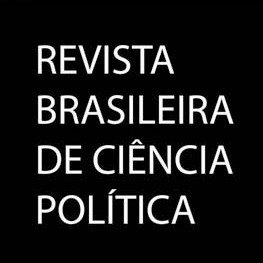The aim of this article is to elucidate the different aspects of the concept of democracy developed by Jacques Rancière, drawing attention to three specific conceptual dimensions. The concepts of equality and dissent define democracy as political action and process of verification of the equality assured by law, configuring another manner to create the political scene of dissensus. On the other hand he concept of ethics assumes the function to explain what Rancière call democracy as surrounding (habitat), as a scene where life is dominated by the law. In highlighting these two aspects of Rancière's thought we intended to both disclose a pessimistic diagnosis regarding the democratic and ethical functioning of the contemporary societies and bring hope by a conception of politics based on the dissenting forms of expression and communication which invent ways of being, seeing and saying in order to redefine the ways of organization and distribution of the common which defines who takes part of a community and how the citizens can participate and produce new forms of collective enunciation.
democracy; Jacques Rancière; equality; political action; ethics, dissensus
